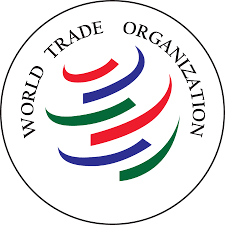Free Courses Sale ends Soon, Get It Now


Free Courses Sale ends Soon, Get It Now



Copyright infringement is not intended
Context: China's status as a 'developing country' at the World Trade Organization has become a contentious issue.
About World Trade Organization:
Benefits of WTO membership:
WTO membership provides:
What is the concern raised by other developing countries?
What are the benefits of ‘developing country’ tag?
How is a ‘developing country’ decided and why are some against China being classified as one?
What are the benefits of LDC classification?
What is India’s current status?
© 2024 iasgyan. All right reserved